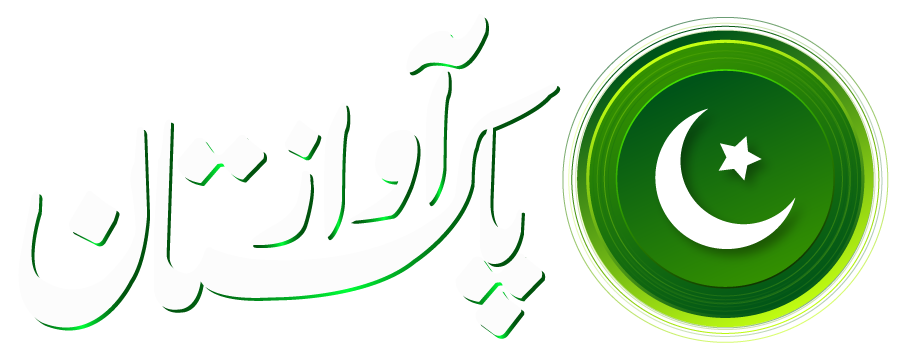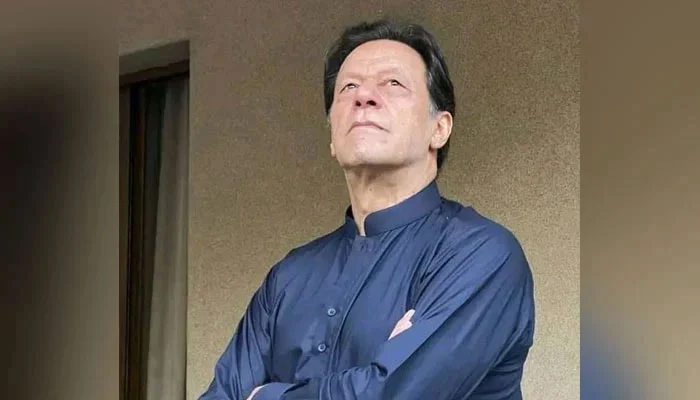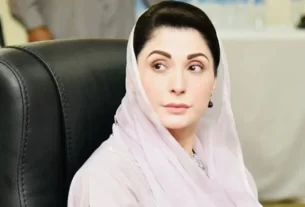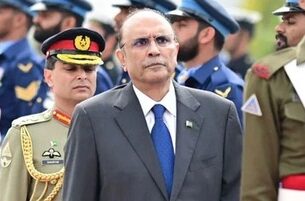1. Imran khan
Former Prime Minister and Pakistan Tehreek-e-Insaf (PTI) founder Imran Khan recently turned down a proposal to form a coalition government after the general elections on February 8 from Bilawal Bhutto Zardari . Khan’s choice highlights the complexity of Pakistan’s political environment, as PTI faces legal setbacks that restrict its election possibilities. This denial also emphasizes the growing divide between political groups and the PTI’s continuous legal disputes and limitations, which include a major setback: the party’s inability to run under its well-known cricket bat emblem.
2. PTI Rejected coalition with PPP
Khan rejected the notion of creating a coalition with Bilawal Bhutto of the PPP, who has stated that he would rather form an alliance with independent candidates, in a casual statement to the media. The gap between PTI and the PPP is shown by Khan’s answer to Bilawal’s interview remarks, in which he encouraged the PPP leader to “ask for help from those with whom he shared government for 16 months.”
The former prime minister’s position stems from PTI’s interactions with the Pakistan Muslim League (Nawaz) (PML-N) and the PPP, two significant political figures who were a member of the previous coalition government led by the Pakistan Democratic Movement. Despite their prior collaboration, these parties currently divided within themselves. Khan’s refusal to work with Bilawal indicates the PTI’s clear stance as it prepares for the elections freedomly, despite its challenges.
In his most recent remarks, Khan reaffirmed his longstanding support for free and fair elections. His concerns about “political engineering,” which he claims has harmed the nation and limited PTI’s capacity to run an effective campaign, are reflected in his emphasis on voter freedom and transparency.
3. Bat Symbole
PTI suffered a significant blow on January 13 when the Supreme Court of Pakistan reversed the Peshawar High Court’s decision, depriving the party of the ability to wield its symbolic cricket bat during the election. Since the beginning of the PTI, the iconic bat symbol—which is connected to Khan’s political and cricketing heritag has played a crucial role in uniting the party’s supporters.
PTI’s identity impacted by the lack of this sign, particularly for rural people who might prefer visual symbols to party titles. Due to the court’s ruling, PTI candidates are forced to run as independents, which puts them at a disadvantage when compared to candidates who have established party emblems and obvious party representation.
His decision is a symbolic setback for PTI in addition to a practical restriction. The cricket bat served as a rallying symbol for the PTI’s message of reform, change, and transparency in addition to being a voting tool. The loss of this icon makes PTI’s problems worse because it will now be difficult for the party to hold onto its support and influence in the face of fierce opposition.
4. Imran khan deman Fair election
Khan has been vocal about claims that outside powers have manipulated Pakistan’s electoral results through what he refers to as political engineering. He claims that these forces have continuously tried to damage PTI’s reputation and blames the participation of numerous institutions. Although the political elite may portray themselves as adversaries, Khan notes that they frequently work together when it serves their interests, putting up a unified front against PTI.
He bemoaned the imprisonment of PTI candidates and supporters and questioned how impartial surveys carried out if his party was denied full access to the electoral process. Some sections of Pakistan’s populace, who feel disenfranchised and believe that election procedures lack transparency, share Khan’s worries.
The PTI’s expanding base, which Khan says is hard to manage, is the reason for this call for free and fair elections. Khan claims that the Election Commission and other organizations intervened in recent by-elections to skew the results against the PTI, which confirms his view that free and fair elections are essential to Pakistan’s democratic future.
5. Public support and Campaign Strategy
Khan underlined in his most recent media appearance that PTI still enjoys a sizable following among the general public despite facing formidable obstacles. PTI’s popularity, according to Khan, is a pain in the side of political rivals who find it difficult to match the fervor and devotion of the party’s supporters.
Khan, who intends to launch the election campaign on Sunday, urged party members who are now hiding to come forth and take an active part in it. Khan’s call to action attempts to raise supporters’ spirits and reiterate the party’s resolve to run in the elections despite obstacles, even though PTI is prohibited from holding public events.
This campaign tactic, which calls on supporters to rally in spite of limitations, demonstrates PTI’s tenacity and Khan’s faith in his party’s ability to influence voters.
6. Updates on the Cipher Case and Legal Challenges
Khan’s legal troubles add another level of difficulty to the electoral problems. For example, the cipher case continues to be a major legal obstacle. Since this case not an open trial and involves accusations pertaining to state security, Khan’s freedom of communication with the media supporters restricted. Khan bemoaned the lack of openness, pointing out that neither his supporters nor members of the media are able to attend the sessions.
The prosecution pointed out during a recent hearing that there were delays because important witnesses had not yet been cross-examined. Aware of the possible political ramifications of these court cases, Khan called them a “drama” meant to sway public opinion before the elections on February 8.
7. Imran Khan’s Thoughts on the May 9 Riots and the Role of the PTI
Following Khan’s incarceration, PTI supporters reportedly rioted in May, sparking widespread unrest throughout Pakistan. Khan, however, insists that the protests were mostly nonviolent and that PTI did not support unlawful activity. He cited an instance in 2022 in which he attacked at a public event, stressing that even in that case, PTI supporters refrained from using violence.
Khan’s remarks highlight his emphasis on nonviolent activity and demonstrate his wish to distance the PTI’s reputation from the May 9 violence. This position is consistent with PTI’s dedication to change and transformation via democratic channels as opposed to conflict.
Khan seeks to enhance PTI’s standing as a respectable political organization dedicated to democratic principles by restating the party’s nonviolent position. This strategy might aid PTI in regaining public confidence and overcoming
8. PTI Journey
PTI’s journey serves as an example of how institutional, political, and legal factors interact to form Pakistan’s democratic framework as the country gets closer to the February 8 elections. Imran Khan’s appeal for fair elections highlights a larger desire for accountability and transparency in Pakistan’s electoral process, while his refusal to join the PPP shows his faith in the PTI’s potential as a stand-alone political force.
The difficulties imran khan PTI is facing, such as losing its iconic cricket bat and the ongoing cipher trial, are a prime example of the issues the party must overcome in order to be relevant. However, Khan’s tenacity and the PTI’s robust public backing suggest the party’s potential for overcoming these obstacles.
یہ بھی پڑھیں: The PTI Chairman is look for the removal of the IHC Chief ..




